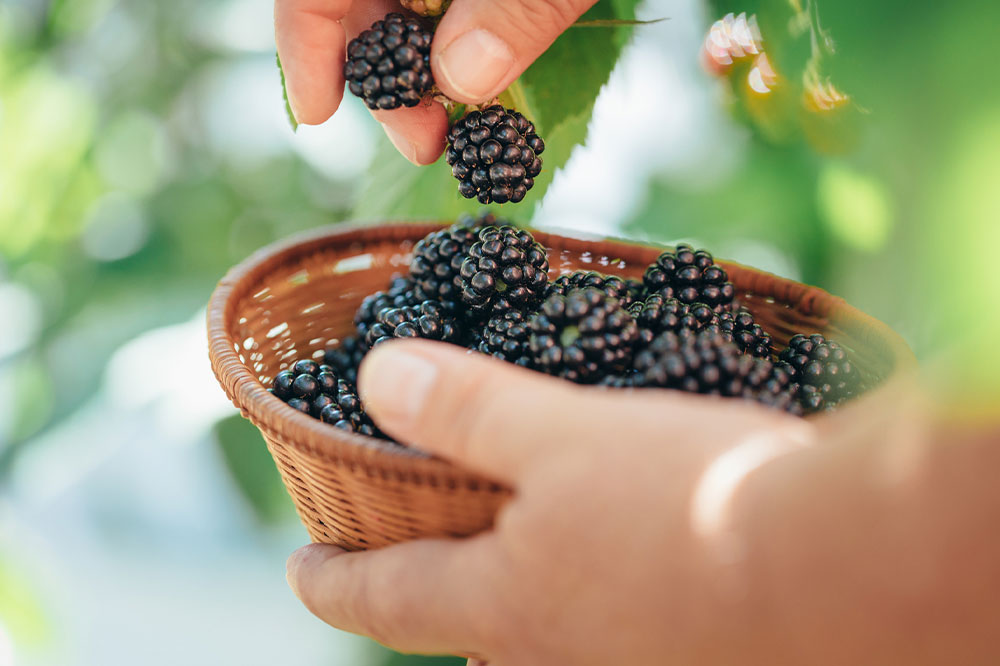4 essential fruit intake tips for diabetics

It is essential to eat healthily since one’s food habits affect their overall well-being. This is especially true for people with diabetes. What’s complicated, however, is that many healthy items like fruits contain high amounts of natural sugars. So, a diabetic must control the amount and type of fruit they consume in a day to maintain their blood sugar levels. Here are four essential tips people with diabetes should know when eating fruits.
Eat fruits with a low glycemic index (GI)
A glycemic index ranges food on a scale of 0 to 100 based on how much the food increases blood sugar levels. Foods over 55 on the scale increase blood sugar, while foods with a lower GI are safer for people with diabetes. As for fruits, one must check how ripe they are. A ripe fruit will have more sugar and might lead to a spike in blood sugar as compared to unripe fruits. Furthermore, the scale does not account for how much fruit or food is consumed. Fruits, including blackberries, grapefruit, and cherries, contain more fibers, which bring down the GI.
Follow the plate method
Abiding by the plate method is ideal to steer clear of spikes in blood sugar levels. People with diabetes must eat a handful of berries or a small piece of whole fruit as dessert. The portion must be eaten after they finish their regular meal. The plate must contain half a portion of vegetables without starch, a quarter of starchy food, one-quarter of food with protein, and a glass of water.
Count the carbohydrates
Carbohydrates affect blood sugar levels, making it vital for people to measure their fruit intake. A single serving of fruit has about 15 grams of carbohydrates, but the serving may differ based on the type of fruit. A few examples of single-serving fruits with about 15 grams of carbohydrates are half a banana, half an apple, a cup of watermelon, and a handful of grapes. A big cup of strawberries is also safe for diabetes patients.
Pick fresh fruits over other alternatives
Fresh fruits are the best source of healthy fibers to keep blood sugar levels in check. Canned, frozen, or dried fruits contain added sugars to enhance their flavor. Processed fruits like applesauce are also abundant in added sugars. These added sugars are severely unhealthy for people affected by diabetes. Eating fresh fruits is a healthier option, especially since they also contain other nutrients that benefit the human body.



